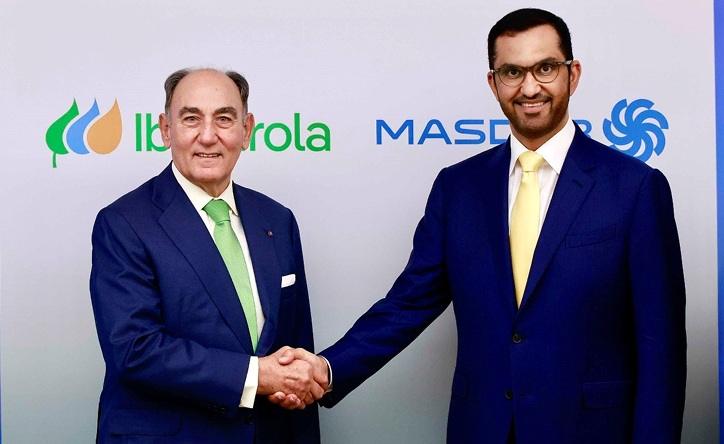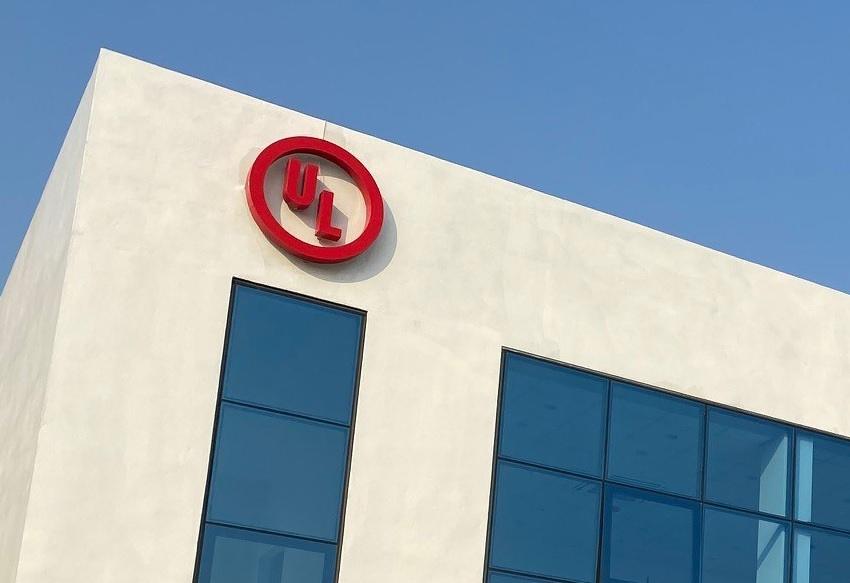Nestlé Enhances Supply Chain Sustainability Efforts with Forest Positive Strategy
Global food and beverage company Nestlé announced today the adoption of a new forest positive strategy, aimed at restoring forests and helping them thrive. According to the company, the new approach will also contribute to efforts to promote sustainable livelihoods and the respect of human rights, as well as to the company’s commitment to achieve net zero greenhouse gas (GHG) emissions by 2050.
According to Magdi Batato, EVP, Head of Operations at Nestlé, the forest positive strategy is key to regenerating Earth’s water systems, soil health and carbon storage. Batato said:
“To meet the world’s food needs in 2050, agricultural production will have to increase by around half versus 2013 levels. It is more important than ever to protect natural ecosystems as we meet this challenge and to restore forests for the future.”
With the launch of the new strategy, Nestlé aims to go beyond its current forest protection initiatives, which include goals to eliminate deforestation in its palm oil, sugar, soy, meat and pulp and paper supply chains by 2022, and in its coffee and cocoa supply chains by 2025.
As part of its forest protection and restoration efforts, Nestlé plans to ramp its utilization of satellite monitoring services. Nestlé has been using data from satellite-based service Starling to monitor deforestation in its palm oil supply chain, later adding its pulp and paper and cocoa supply chains. The company now plans to expand its use of satellite data to carry out a risk assessment in the regions where it sources its ingredients, starting with the Americas and then globally, in order to take action on sourcing its key raw materials sustainably.
Laurent Freixe, EVP, CEO of Zone Americas, Nestlé, said:
“The use of satellite imagery has helped us on our journey to stop deforestation. We will now expand the use of this technology to monitor the sourcing of coffee and cocoa—two important ingredients for our much-loved products.”
In addition to its increased use of satellite data, Nestlé’s forest positive approach will extend to its supplier relations, with the company aiming to reward suppliers for their environmental efforts by buying bigger quantities, contracting with them long term, co-investing in programs that promote forest conservation and restoration, or by paying a premium for their products.
Batato added:
“Forest positive is only achievable if we work hand-in-hand with farmers and local communities, industry partners and governments to form wider solutions across local, regional and global levels. The benefits are numerous: more resilient communities and livelihoods, more sustainable food systems, and a healthier planet.”





